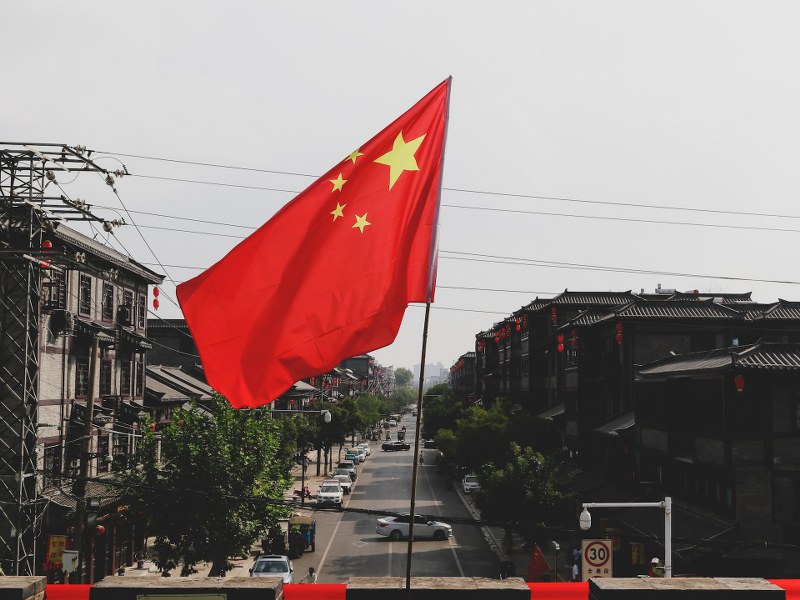 China
China Beijing: China is facing a large income gap between its poor and rich, shows the country’s income distribution statistics, according to The Times of Israel.
The Gini coefficient of China has grown sharply to 0.466 points in 2021, which is above the warning level set by the United Nations of 0.4. By comparison, countries such as Germany, Canada, and Japan all have estimated Gini coefficients that hover at just over 0.3.
There is a significant income gap between the urban and rural households in China, as well as between different provinces in the country.
Beijing and Shanghai had a 2021 per capita income which was 227 percent of the average national per capita income of USD 12,551, reports The Times of Israel.
At the other extreme, China’s poorest province, Gansu, had a per capita income of just 51 percent of the national average. This indicates a growing inequality in China, which can have serious economic, social, and political implications, according to reports.
The Times of Israel reported that workers had been left without the capabilities needed to excel in the high-skilled, high-wage jobs that are appearing as China’s economy seeks to reach high-income status due to continued inequality in access to education and healthcare.
China’s Hukou household registration system has left migrant workers without full access to healthcare, education, pension and unemployment benefits, reports The Times of Israel.
The consequence is that a large segment of the population is living in relatively precarious conditions, according to The Times of Israel.
Only an estimated 16 percent of rural migrants working in cities were covered by pension benefits, only 18 percent had urban health insurance, and only 10 percent had unemployment insurance, as per The Times of Israel.
Support Our Journalism
We cannot do without you.. your contribution supports unbiased journalism
IBNS is not driven by any ism- not wokeism, not racism, not skewed secularism, not hyper right-wing or left liberal ideals, nor by any hardline religious beliefs or hyper nationalism. We want to serve you good old objective news, as they are. We do not judge or preach. We let people decide for themselves. We only try to present factual and well-sourced news.







